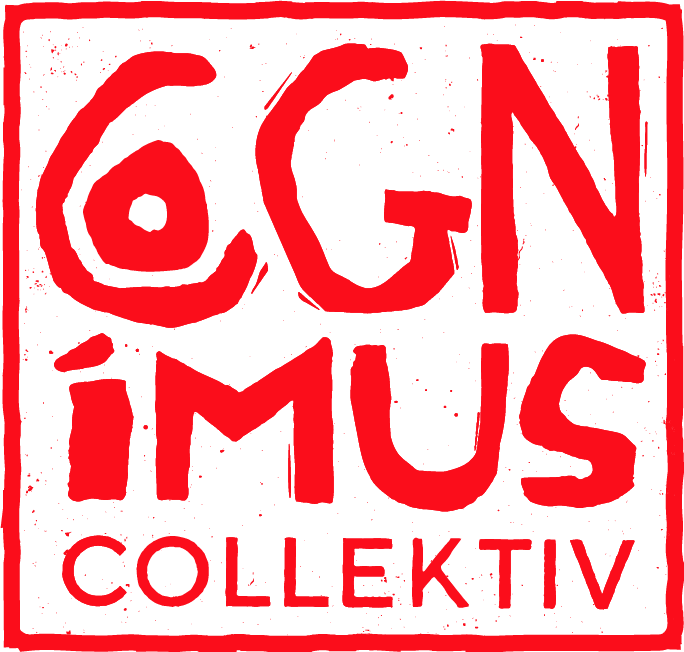COLOGNE | cognoscere | MUSIC
[cognoscere (lat.): to realize, to acknowledge]
CoGNiMUS is a Cologne-based collective of visionary young creatives and musicians dedicated to redefining how classical music is performed and therefore experienced by the audience. Through innovative, holistically curated concepts, the collective engages with pressing political and social themes while ensuring accessible, inclusive experiences for all.
Rooted in artistic excellence, CoGNiMUS fosters an open, democratic creative process where every member actively shapes the artistic vision—a collective of individuals united by their passion for transformative art.
With remarkable adaptability, CoGNiMUS crafts projects with the symphonic orchestra at heart that evolve in response to contemporary challenges, extending their relevance and impact. This sustainable, forward-thinking approach is further reinforced by the collective’s commitment to minimizing its ecological footprint.
Founded in 2015 by Yorgos Ziavras and fellow musicians from the Hochschule für Musik und Tanz Köln, CoGNiMUS continues to push boundaries, reimagining classical music, and making it relevant for the contemporary world.
In 2025, CoGNiMUS marks 10 years of vibrant presence in Cologne’s music scene. Over the past decade, the collective has produced a range of distinctive projects, expanded to more than 70 active members and musicians, and extended its reach across Europe. In 2024, CoGNiMUS completed its first European tour with MOIROLÓI, featuring two sold-out performances at the Greek National Opera in Athens and one in Cologne.
THE MAIN GOAL OF COGNIMUS IS TO SEEK WAYS OUT OF CULTURAL GENERALISATIONS AND HABITS BY EXPLORING NEW PATHS OF CONCERT DESIGN AND PERFORMING PRACTICE. WITH THIS, THE COLLECTIVE WANTS TO CONTRIBUTE TO AN INTERDISCIPLINARY AND DIVERSE UNDERSTANDING OF ART, IN WHICH EACH AND EVERY ONE CAN PARTICIPATE REGARDLESS OF THEIR CULTURAL ORIGIN.
CoGNiMUS Collektiv / A MANIFESTO FOR 2030 AND BEYOND
Historically, classical music* has been more or less at the center of societal processes since its birth.
Today, this is no longer the case. Elitism, conservatism in conception and message, reluctance in merging with other forms of art, failure to take risks, denial of the necessity to connect with the Zeitgeist, reduced support from state funds, antiquated formats, and deteriorating audience attendance: all these phenomena inevitably lead to classical music being seen as a thing of the past, better suited for the museum.
*Classical music generally refers to the art music of the Western world, considered to be distinct from Western folk music or popular music traditions. It is sometimes distinguished as Western classical music, as the term "classical music" also applies to non-Western art music. Classical music is often characterized by formality and complexity in its musical form and harmonic organization, particularly with the use of polyphony. Since at least the ninth century it has been primarily a written tradition, spawning a sophisticated notational system, as well as accompanying literature in analytical, critical, historiographical, musicological, and philosophical practices. A foundational component of Western Culture, classical music is frequently seen from the perspective of individuals or groups of composers, whose compositions, personalities, and beliefs have fundamentally shaped their history.
